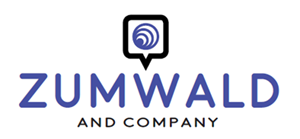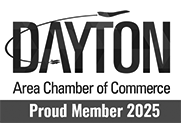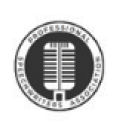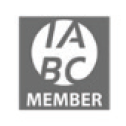Some good advice for speechwriters
Want to write more speeches for existing clients? Want to get new speechwriting clients?
Serendipity is only part of it, according to Sandra Yin, a writer based in Maryland and a colleague of mine.
Sandra recently interviewed me and four other speechwriters from across the United States and in the United Kingdom about how to break into speechwriting.
She shares plenty of secrets and tips in this April 7 Washington Speechwriters Roundtable story.
How to break into freelance speechwriting
by Sandra Yin
What does it take to break into freelance speechwriting?
For a lucky few, serendipity plays a big role. Just ask David A. Green, president of Uncommon Knowledge, an executive speechwriting firm based in Haworth, N.J. He is one of the rare people who managed to break into speechwriting without first landing an in-house corporate communications job.
He got his first big break when he was writing concepts and scripts for live tradeshow theater for a multimedia production company in San Jose. Hewlett-Packard hired the company in the late 1990s to create PowerPoint slides for two VPs for an Internet commerce expo. At the last minute, HP asked if the company could suggest someone to write speeches, because the execs didn’t have time. As a result, Green got a chance to write several high-profile speeches at the beginning of his speechwriting career.
What’s more, that experience led to more steady speechwriting work, thanks to word of mouth. Someone in marketing at HP heard about speeches he had written for the vice presidents and referred him to her husband, the CEO of a networking company. “That CEO became my first big speechwriting client and I wrote all his major addresses for two-three years in the early 2000s [until they cut way back on both outside vendors and speaking appearances],” Green says.
For those who want to break into freelance speechwriting and aren’t relying on luck to send clients their way, here are some tips several pros offered up:
Get experience. To get into speechwriting, you face that old Catch 22: You need experience to get a job, but you must get a job to gain experience, Warren Anderson, who wrote speeches for President Gerald Ford, notes. To get around that, he suggests you work for free or for a stipend for a charity or political candidate. Another option might be to get a job with a nonprofit service company or foundation.
Use your connections. Got nonspeechwriting clients? Treat them like gold. Existing business relationships can expand as your repertoire grows. Those connections get you in the door, says Teresa Zumwald, president of Zumwald & Company, a Dayton, Ohio-based communications services firm. She found that demand for speeches rose after she added speechwriting to the menu of services she offers. When the need arises, clients remember and call with work. One longtime client has hired her to write three speeches so far.
With speechwriting, leave nothing to chance, Zumwald says. Unlike other writing projects that will drop into your lap, speechwriting won’t. “You must go out and get it,” she says.
Put yourself out there. Brian Jenner, a UK-based speechwriter who launched the UK Speechwriters’ Guild, said a mix of serendipity and getting yourself out there helps. He got some of his first freelance speechwriting assignments from BP after someone who was at a Toastmasters meeting saw his website.
Here’s another great way to get more exposure: Submit one of your speeches to Vital Speeches of the Day, says Cynthia Starks, executive speechwriter with Starks Communications LLC based in Zionsville, Ind. After one of her speeches got picked up by Vital Speeches, companies contacted her with assignments.
Aggressively market your services. After advertising in the satirical magazine, Private Eye, Jenner got busy writing wedding speeches and memorial addresses. Don’t forget to add speechwriting to your business card and website, Zumwald says.
Shape your client’s expectations. If you’re a speechwriter who is just starting out, Zumwald offers this parting tip. Be prepared to educate your clients about what to expect of the professional speechwriting process.
Many clients believe they can do a “brain dump” and you’ll produce a speech on the other end based on what they’ve told you. Others may assume a bunch of PowerPoint bullet points will suffice for their so-called speech.
“Don’t be afraid to explain the best way to approach a speechwriting assignment for the uninitiated,” she says. “It may take more time upfront, but the incredible results at the other end will guarantee you more business in the future from these clients—and more referrals.”
Sandra Yin is a writer based in Maryland.
Published on April 8, 2011

















